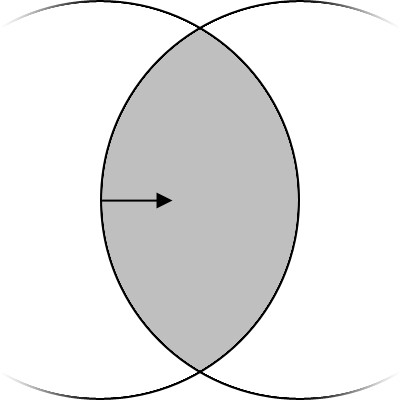Limits Of Expansion
Youth and old age are often compared. A man who lives for 100 years will have approximately the same abilities at 90 years old as a child at 10. Stars have life cycles akin to humans too, with a rapid growth and formation stage, a long intermediate main-sequence stage, and a rapid decay. Cells mimic this pattern too, and many other systems, from the annual cycle of leaves on a tree, to corporate economic systems. These similarities are due to practical and reasonable rules. Entropy, chaos, increases with time.
People start containing a package of neat and detailed information, then grow, and this growth leads to disruptions in the information. New information can't be gained, the most one can do is preserve it, and our D.N.A. is self-repaired in this way, our bodies trying to grasp and keep hold of these data, but once lost it is lost forever. As we can only retain or lose information, then over time, information is gradually but inevitably lost until it is useless, pure chaos.
We move from a state of pure order to pure chaos, and the universe as a whole probably works on the same level. In smaller systems, like human beings, we probably move from "high order" to "high chaos", rather than "pure", as all smaller things in the universe are affected by the other things around it. Could the universe itself be affect by other, unknown, universes? Maybe, although the neatest and most beautiful answer is no!
If a man who lives for 100 years has approximately the same abilities at 90 years old as a child at 10, then the ideal mix of ability is halfway between, at the exact mix of order and chaos, so at age 50. All things at middle age are at their most powerful then. Despite the social predjudice for youth, this does indeed seem to be the case in people. But why might this happen? Perhaps the use of the word information was incorrect, that order is not informative. In fact, you can convey and store information only with a mix of order and chaos; a purity of either alone can store nothing, so the best receptacle of information might be a fifty fifty mix of order and chaos.

 Books
Books
 Poetry/Lyrics
Poetry/Lyrics
 Essays
Essays
